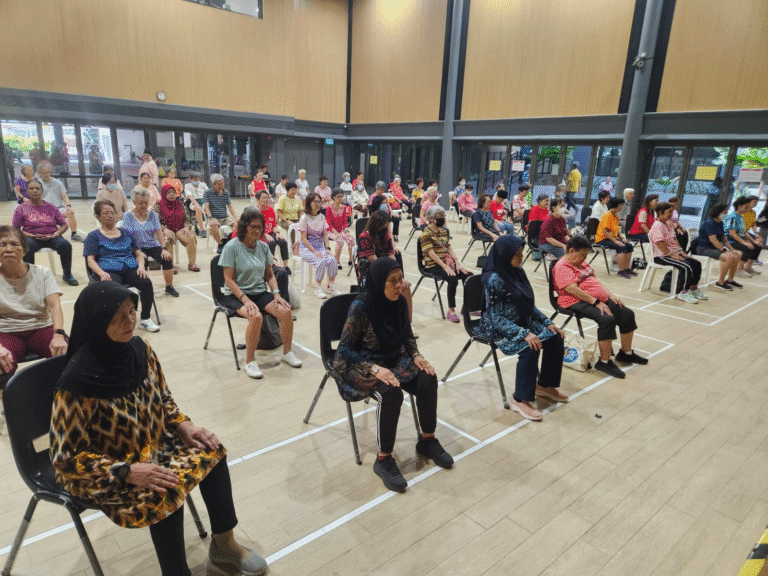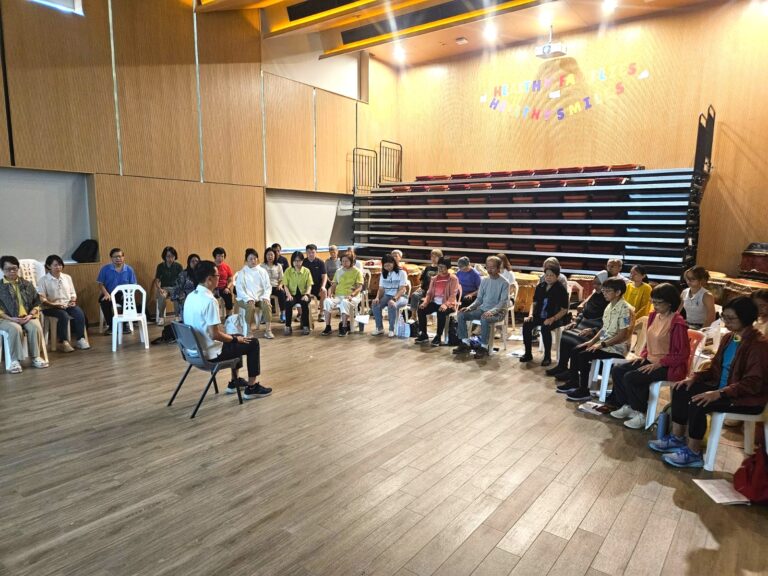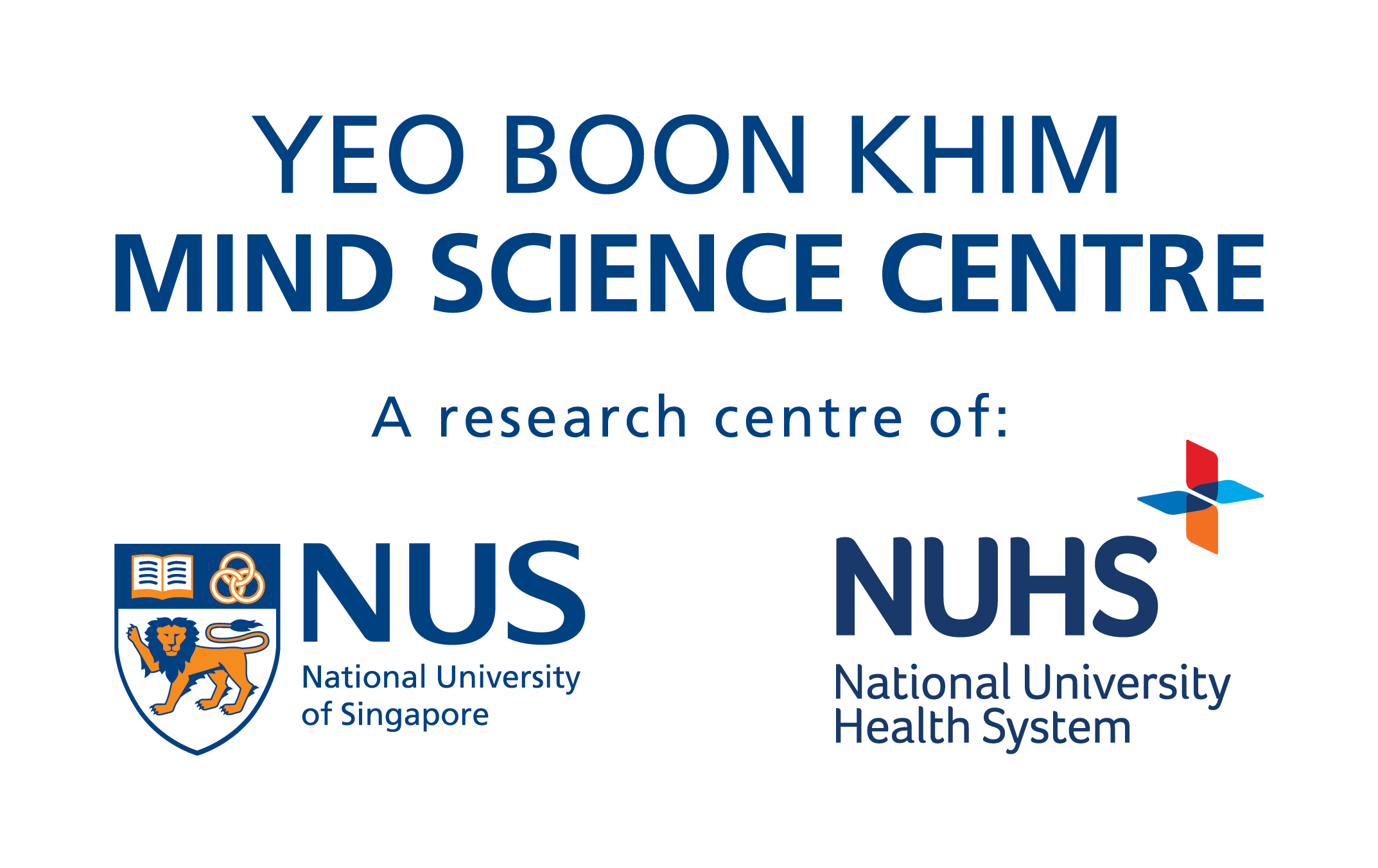Spotlight
Mindfulness for Healthy Mind at Every Age
Published on 25 July 2025


Mindfulness practices can help us manage stress, reduce anxiety, and stay present—and may also offer long-term cognitive benefits, such as slowing the onset of dementia and supporting overall brain health.
One mindfulness programme showing this potential is Mindfulness Awareness Practice (MAP). It is integrated as one of the core components of the Mind Science Centre’s Age Well Everyday (AWE) Club programme, a translational research initiative in the community that explores non-drug approaches to cognitive resilience and dementia prevention.
At its core, MAP teaches the “three S’s” of mindfulness: Stillness, Silence and Simplicity. It helps individuals develop greater awareness, calm and clarity, which are inner resources that become increasingly important as we age.
To bring these benefits to the community, mindfulness trainer Mrs Wee Geok Hua, along with her students Mr Han Thong Kwang and Mr Roy Cheng, teaches MAP to AWE Club volunteers, who then guide seniors at their respective centres.
During the MAP workshop, volunteers were introduced to a range of foundational techniques, including mindful breathing, body scans, mindful walking and mindful eating. These exercises encourage present-moment awareness, gratitude, and a deeper appreciation of everyday experiences.

Mindfulness as an Anchor in Later Life
Later life presents many new challenges—slower routines, health concerns, and shifting social circles. Mindfulness offers tools to navigate these transitions with composure and clarity.
“Mindfulness helps us face the realities of ageing with grace and steadiness,” shares Mrs Wee.
“It’s about learning to respond to life, rather than react, so we are less caught up in past regrets or future anxieties. For older adults, it can provide emotional grounding, reduce loneliness, and bring peace to daily living.”
Each AWE Club session is thoughtfully structured, beginning with physical exercises, followed by activities such as art, music reminiscence, MAP, and more, while monthly health talks help seniors make informed lifestyle decisions, creating a holistic, multi-layered approach to ageing well.
